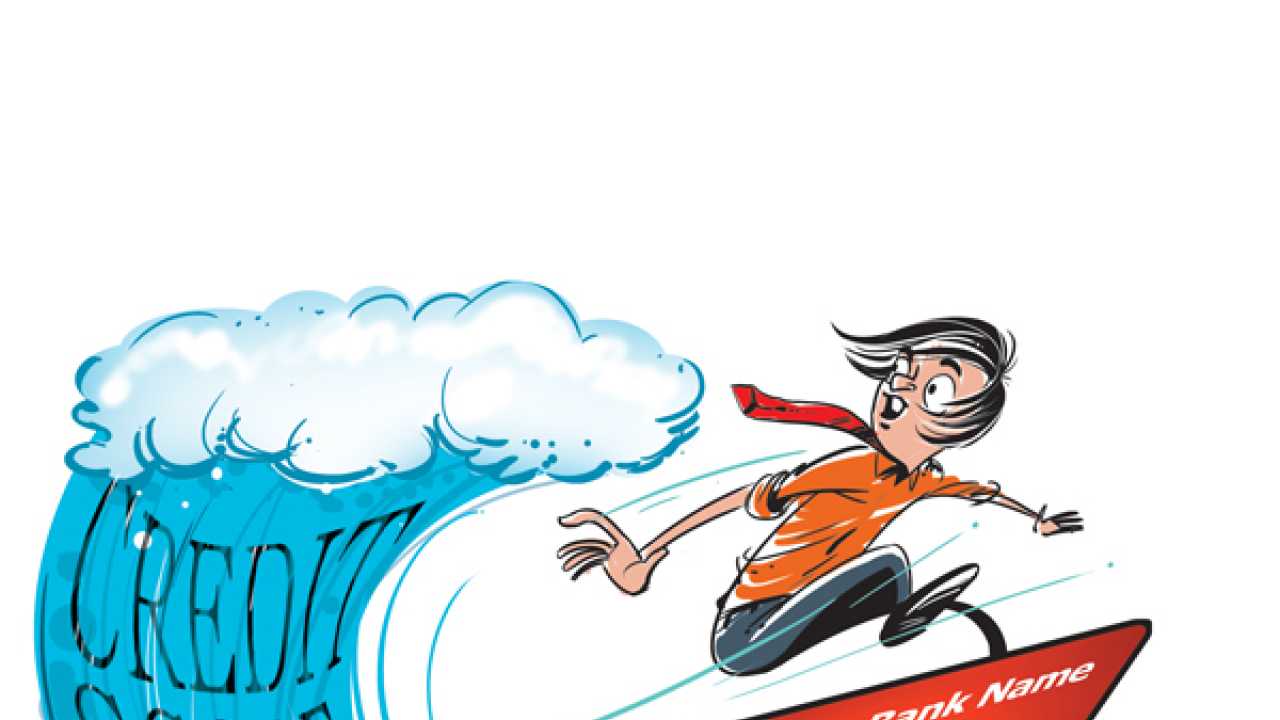
Make sure you pay your bills including your telephone bills and electricity payment regularly. Your future loans, if you planning to take one, could depend on it, especially if you are ``New to Credit'', that is, you have never taken any loans in past.
``New to credit'' is a term used to describe those customers who apply for loans but do not have any credit history. In the absence of data about payment patterns, there is no way to check how the debtor would treat his or her debt, that is, whether they will repay on time or be lax about their payment. In such cases, the payment patterns for utilities will be one of the parameters that would be considered to calculate their credit risk score in the near future.
At present, licensing conditions do not allow telecom companies to share the customer data with others. Hence, credit bureaus first need the nod of regulatory bodies before they can use the data. Currently, discussions are on with regulatory bodies like the Telecom Regulatory Authority of India (Trai) and Central Electricity Regulatory Commission (CERC) for the same. "Using the data provided by telcos, utilities and gas companies will help us to give a better credit score,'' says Manu Sehgal, business development leader, emerging markets, Equifax India.
Of course, utility payment patterns are not comparable to repayments of debts as more often than not it is the threat of disconnection by utilities that results in prompt payment.
On the other hand, recovering financial loans is easier said than done. Numerous cases abound of defaulters, despite the strong arm tactics used by banks and financial companies to recover the loans.
In order to avoid defaults, companies would rather assess the credit history of persons before giving debt. They use different analytical products using credit history, payment behaviour and demographic data to get an insight into a customer's behavioural profile.
Equifax India recently launched the ERS V2, a new credit risk score that will help lenders to predict credit risk accurately and arrive at sound lending decisions.
About 10% of people are credit active in India today. "Thus, about 120 million people have taken some kind of credit,'' says Sehgal.
The recently launched Pradhan Mantri Jan Dhan Yojana is expected to bring a lot more people into the banking ambit, thus opening a whole new market in the future, say sources.
Meanwhile, in order to improve your credit score, here are some dos and don'ts: Firstly, youngsters and those who have no credit history should bear in mind that it is better to build up `some good credit history' than none at all, advises Sehgal.
For those using credit cards, make sure, you are not maximising your debt, that is, taking the maximum loan that you are permitted.
Make sure you keep track of all the credit cards that you use frequently and pay the credit card bills by the due dates. Needless to add, any overdue payment will impact your credit report and credit score.
Make sure that you do not have any unused credit cards. Often, some banks issue credit cards that you may not be aware of but these would show up in your credit report.
Make sure you check your credit report regularly for your credit score. This would throw up any glitches in your report that you could rectify well before you actually start the loan process. "Besides, it could serve as an early-warning system for identity theft,'' says Sehgal.